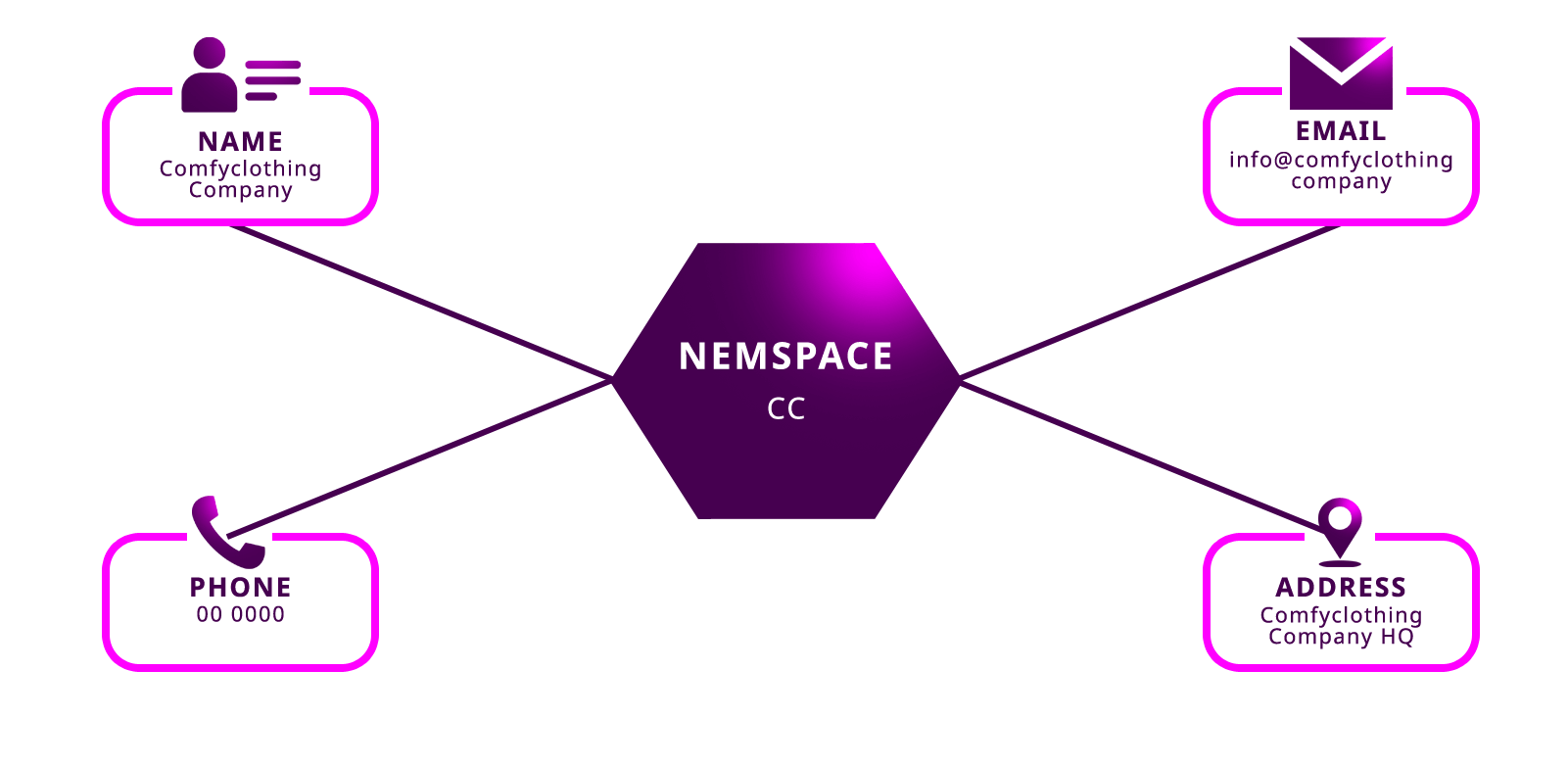Navigation
- What is Symbol?
- Setting up your workstation
- Writing your first application
- Migrating from NEM to Symbol
- Creating an account
- Sending mosaics and messages between two accounts
- Creating a mosaic
- Creating a multisig account
- Running a test net node
- Creating a private test net
- More guides
- Features
- Account
- Mosaic
- Namespace
- Metadata
- Transfer Transaction
- Aggregate Transaction
- Account Restriction
- Mosaic Restriction
- Multisig Account
- Cross-Chain Swaps
- Extending Symbol
- Cryptography
- Block
- Transaction
- Fees
- Receipt
- Data Validation
- Consensus
- Harvesting
- Inflation
- Node
- Whitepaper
Getting Started
How-To Guides
Built-in Features
Protocol
References
Help
